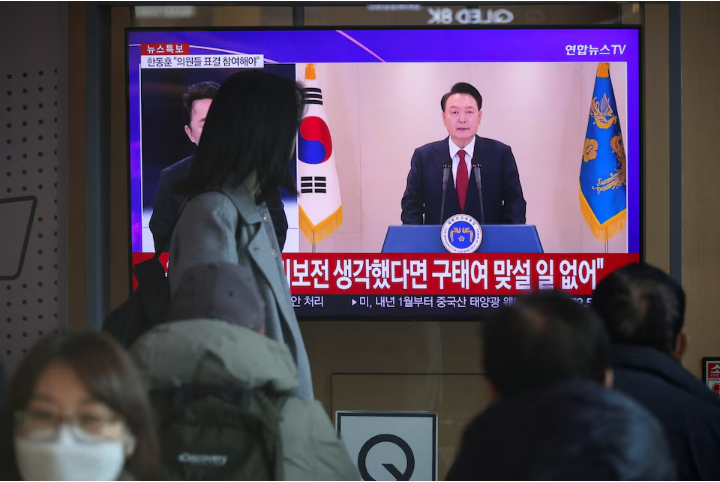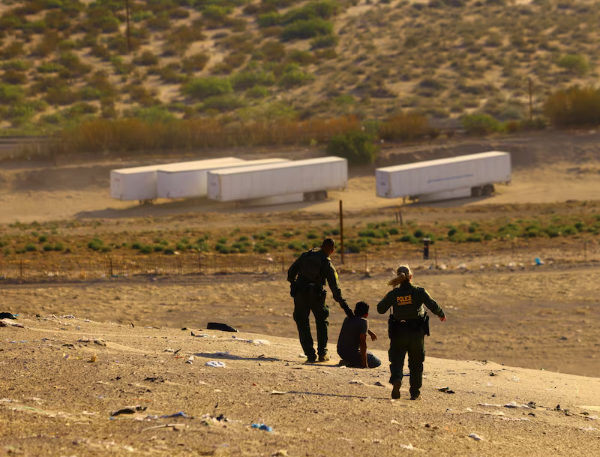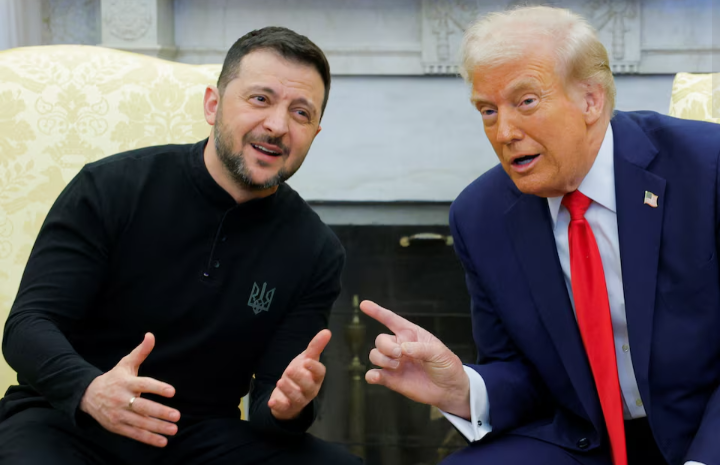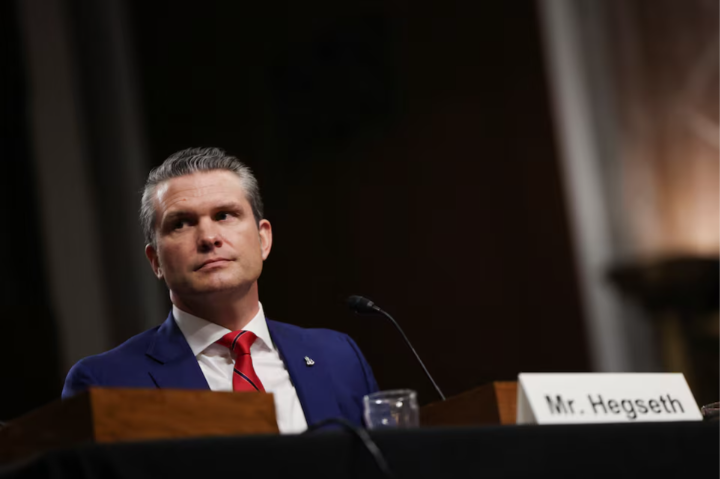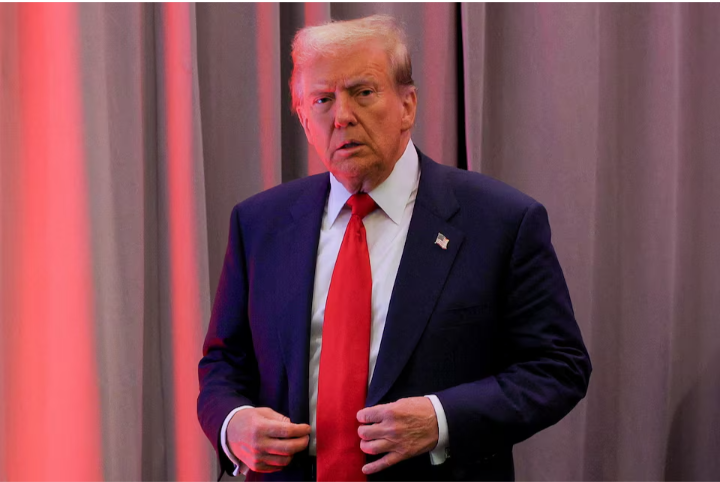South Korean President Yoon Suk Yeol’s dramatic declaration of martial law, citing threats from "pro-North, anti-state forces," has plunged the nation into its worst political crisis in decades. The six-hour emergency measure was met with fierce resistance from lawmakers, thousands of street protesters, and the global community, forcing Yoon to quickly abandon the controversial move. His declaration marked the first martial law attempt in over 40 years, raising concerns about the country’s democratic stability.
Yoon justified the move as necessary to "rebuild and defend the free Republic of Korea" from perceived threats undermining national security. He framed it as a response to political opposition, which he has labeled "pro-North" in an ongoing battle with the legislature. His administration has struggled to pass key policies, facing legislative gridlock and opposition impeachment motions.
The international community, including the United States, initially expressed alarm at Yoon's actions. With 30,000 U.S. troops stationed in South Korea, the situation drew global attention. The rapid reversal provided relief, but it also showcased the volatility of Yoon's leadership during an already fraught geopolitical climate.
Domestically, the fallout has been immense. Opposition lawmakers condemned the martial law attempt as a "rebellion," with calls for impeachment growing louder. Labor unions launched a general strike demanding Yoon’s resignation, and even members of his ruling party criticized the move as undemocratic and destabilizing.
Observers have noted that Yoon’s actions reflect deeper struggles, including plummeting approval ratings amid corruption allegations and a perceived "lame-duck" presidency. His administration has been accused of using extreme measures to regain political leverage, potentially jeopardizing South Korea’s constitutional framework.
As lawmakers prepare impeachment proceedings, the crisis has sparked debates about the limits of presidential power and the role of military governance in democratic systems. Critics argue that Yoon’s actions have set a dangerous precedent, with potential long-term implications for South Korea’s political stability.
This unprecedented political turmoil marks a turning point in Yoon’s presidency. While the martial law declaration has been rescinded, the backlash signals a pivotal moment for South Korea’s democracy, with the nation bracing for further political and legal battles.

